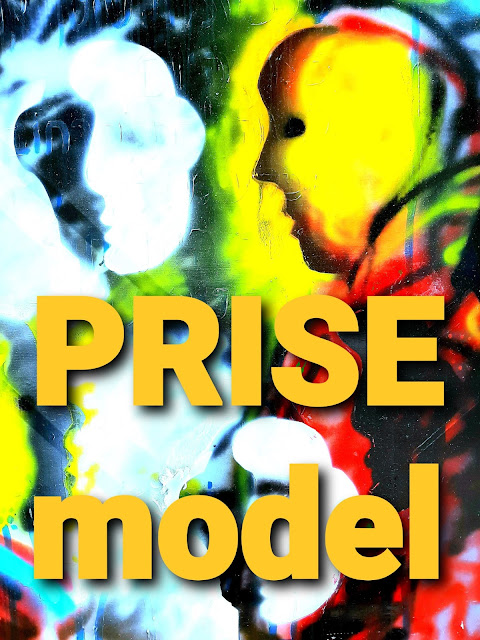PRISE model for leading a Remote session
PRISE model for leading a Remote session
The most well-known and influential
formal model of communication developed in 1949 by Claude Shannon and Warren
Weaver. It is a very linear model. Shannon and Weaver were mathematicians, and
Shannon worked for Bell Telephone Laboratories. It led to very useful work on
redundancy in language, and in making information measurable it gave birth to
the mathematical study of information theory. What is missing in this model is
the adaptation to Remote Communication. A new normal
(NN) is a state to which an economy, society, etc. settles following a crisis,
when this differs from the situation that prevailed prior to the start of the
crisis. The term has been used in relation to the financial crisis of
2007-2008, the aftermath of the 2008–2012 global recession, and the COVID-19
pandemic. The current state requires us to adapt to Remote Communication.
The RPISE model fill in the
gap by using five listening skills to lead a Remote session.
(Based on PRISE: listening
categories model- R. Wood University Hospital- CPE Program)
RPISE
Probing
Reflection
Interpretation
Support
Evaluation
Probing- Informative questions for leading the session in a specific
direction. The facilitator illuminates a point in
the session, in which he suggests delving deeper and exploring more, because he
assumes that the other person can benefit from it. This probing is critical to
identifying the other person's needs. Prepare in advance slides with probing
questions. Make sure that various participants are answering them.
Reflection- A mirror to summarize each part in
the session that helps the other person be aware of his/her thoughts, feelings and
sensations. Repeat the other person's words to find out if you have understood
his/her intention, feelings, and needs.
Interpretation- The facilitator's words include
his/her thoughts and the meaning that s/he gives to the other person's words. The
intention is to show the person the meaning of his/her words. Interpretation is
important for finding a direction to deal with the situation. Share your
interpretation during the session.
Prepare the slides in advance.
Support- Giving
legitimacy to the emotions that arise during the session. The facilitator listens,
relaxes, strengthens, and most importantly helps the person regulate the
intensity of his/her emotions. Try to figure out where in the session there might
be situations that need support caused by emotional flooding or rejection,
which blocks the person from continuing the process.
Evaluation- Presenting
the facilitator's judgmental position in relation to the person's words while
offering him/her additional directions for the continuation of the process. The
assessment is important for the continuation of the session. Summarize the
other person's opinion: correctness, suitability, efficiency of his/her
position, and recommend ways of action. Prepare it in advance in the
presentation.
Feedback: Use the PRISE model to reveal whether your audience truly
understood your message. If you find that there has been a misunderstanding,
try to adapt the message.




תגובות
הוסף רשומת תגובה